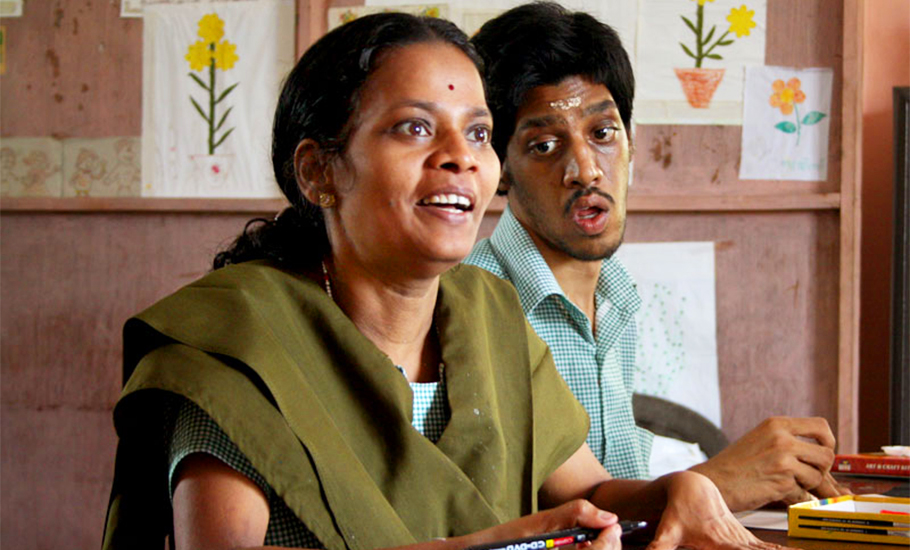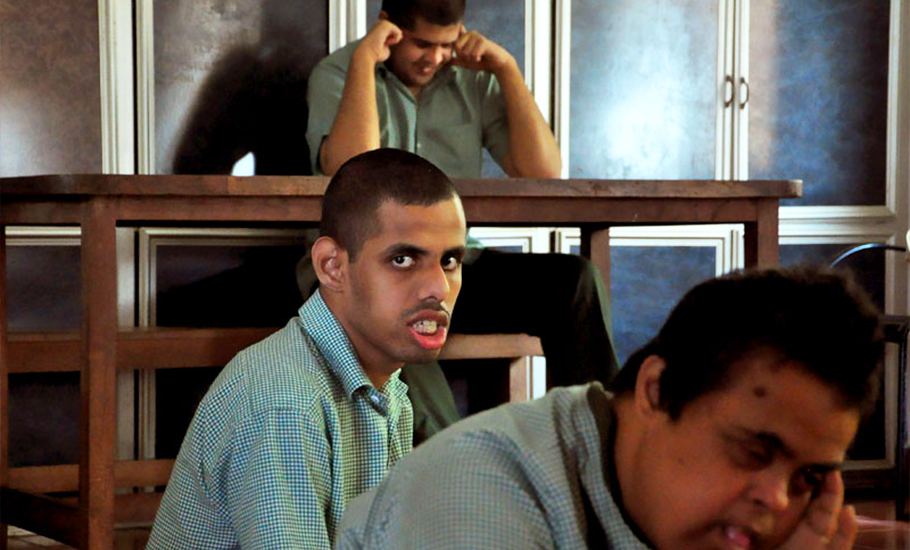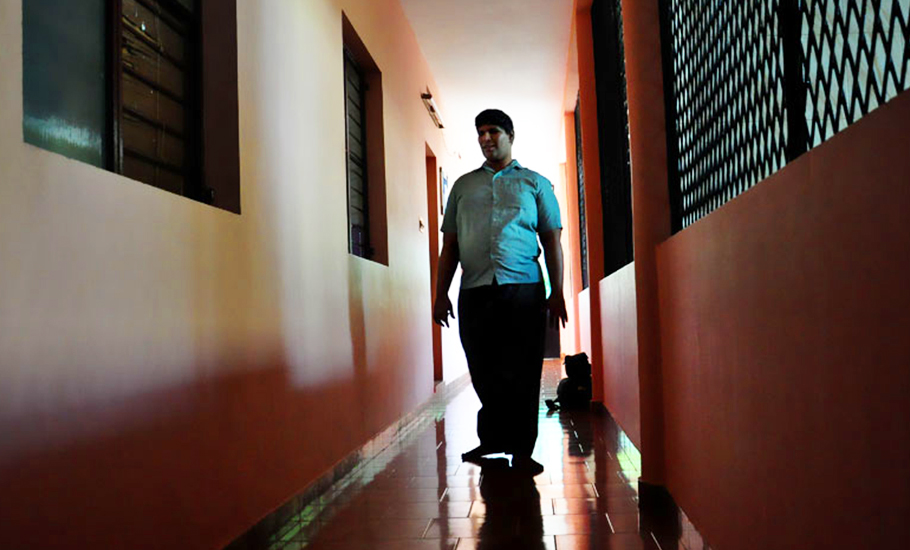
- Home
- India
- World
- Premium
- THE FEDERAL SPECIAL
- Analysis
- States
- Perspective
- Videos
- Sports
- Education
- Entertainment
- Elections
- Features
- Health
- Business
- Series
- In memoriam: Sheikh Mujibur Rahman
- Bishnoi's Men
- NEET TANGLE
- Economy Series
- Earth Day
- Kashmir’s Frozen Turbulence
- India@75
- The legend of Ramjanmabhoomi
- Liberalisation@30
- How to tame a dragon
- Celebrating biodiversity
- Farm Matters
- 50 days of solitude
- Bringing Migrants Home
- Budget 2020
- Jharkhand Votes
- The Federal Investigates
- The Federal Impact
- Vanishing Sand
- Gandhi @ 150
- Andhra Today
- Field report
- Operation Gulmarg
- Pandemic @1 Mn in India
- The Federal Year-End
- The Zero Year
- Science
- Brand studio
- Newsletter
- Elections 2024
- Events
- Home
- IndiaIndia
- World
- Analysis
- StatesStates
- PerspectivePerspective
- VideosVideos
- Sports
- Education
- Entertainment
- ElectionsElections
- Features
- Health
- BusinessBusiness
- Premium
- Loading...
Premium - Events

How Kerala is reacting to govt’s plans of communes for autistic kids, their families

Preetha GP, a single mother from Thiruvananthapuram, had a simple wish. She wanted her 19-year-old autistic son Siddharth to learn swimming. But all aquatic centres she reached out to said they couldn’t accommodate Siddharth because the pools were being used by ‘children’ for summer camps. No centre was ready to accommodate Siddharth due to his condition. Dejected and disappointed,...
Preetha GP, a single mother from Thiruvananthapuram, had a simple wish. She wanted her 19-year-old autistic son Siddharth to learn swimming. But all aquatic centres she reached out to said they couldn’t accommodate Siddharth because the pools were being used by ‘children’ for summer camps. No centre was ready to accommodate Siddharth due to his condition. Dejected and disappointed, Preetha even wrote to Chief Minister Pinarayi Vijayan but received no help.
Nothing changed until Viji Mon, a retired National Disaster Response Force (NDRF) cadet, volunteered to teach Siddharth.
“The truth is that neuroatypical youngsters must be trained to swim before regular children. Aquatic therapy has the potential to positively manage their hyperactivity and even aggressiveness. They should receive priority over regular children, yet the opposite is taking place,” Preetha told The Federal.
Entry to a swimming pool wasn’t, however, the first time that Preetha had to deal with unfair treatment towards her son. It was hard for Preetha to even find a school for Siddharth when they returned from Mumbai where she was working.
Also Read | The incurable, chronic ailment of stereotyping autism
“In 2013, when I came back from Mumbai, I started searching for residential schools in Kerala. He was admitted into several schools but could not continue anywhere for different reasons. Residential schools with proper facilities are scarce in the state. While some of them are too expensive and beyond our reach, many so-called schools are just a building to house autistic children,” she said.
“Siddharth was staying at a facility in Thrissur, when I heard of a school in Ernakulam, I took him there. It was a huge campus, with adequate space and I was in awe of it. But the school did not have a watchman. Autistic children are peculiar and can run away any moment. It was thus shocking for me to see that a school for autistic children did not have a watchman. The institution was started by parents of autistic children and was running like this probably because of a lack of resources. The school had about 40 odd boys and only one staff to look after them,” Preetha told The Federal.

According to American Psychiatric Association, Autism Spectrum Disorder (ASD) is a life-long neurodevelopmental condition where autistic children and adolescents, or those with ASD generally show differences in a number of areas, mainly characterised by communication or social ability, the presence of restricted repetitive behaviours, and sensory sensitivities.
In India, according to various studies, the prevalence of ASD is estimated to be roughly between 1% and 1.5% among children between the ages of two and nine. However, there are no mandatory screening tests performed in India, unlike in many developed countries, resulting in a huge gap between the needs of autistic children and their families and the provision of quality remedial measures.
“Our medical fraternity and caregivers are not trained and sensitised about autism and related areas. They have no clue about the latest editions of the diagnostic and statistical manual, (The American Psychiatric Association’s Diagnostic and Statistical Manual provides standardised criteria to help diagnose ASD, of which the fifth edition — released in 2013 — is the latest). The caregivers are severely underpaid and untrained, except for a few who are dedicated to the work,” feels Sivadas AK, father of an autistic 23-year-old man, and the president of Autism Club, Thiruvananthapuram.
Government claims
But according to the state’s social justice department, the government has introduced many projects to comprehensively address issues related to autism in the state with a futuristic vision.
“The social justice department has clear cut projects for the rehabilitation of autistic and other children who need special care,” minister for social justice Dr R Bindu told The Federal.
“We have the National Institute for Speech and Hearing (NISH) and National Institute for Physical Medicine and Rehabilitation (NIPMR), which is a model project for the rehabilitation of the differently abled, from where the Regional Autism Rehabilitation and Research Centre is working. These two agencies are developing as centres of excellence. There are therapy centres and training facilities aided with augmented reality and virtual reality in the NIPMR.”
“Additionally, Snehayanam is a project for mothers of autistic children in which they will be provided with autorickshaws for a better livelihood. Early intervention centres will be set up as part of the spectrum project, where we can detect the deviations right from the embryo stage. Anuyatra is a project in which they will be accompanied throughout life,” the minister added.

Dr Bindu also elaborated on an ambitious project under which an entire village will be set up where children with autism and their families could have a community living. “The government is planning to constitute rehabilitation villages in four districts where families can have a community living. This project is in the preliminary stage. We have already conducted a workshop and follow up action is under progress.”
But the community living idea, some believe, reinforces the stigma that people with autism and their families have been fighting.
“Institutionalisation of disability is the biggest curse we are facing. There are so many institutions already and people with disabilities are treated as clients rather than as members of the community,” says Sivadas.
“There is an inherent power structure in the very construction of these kind of institutions and we don’t feel like we belong despite the fact that they give us some services,” he said.
“In many foreign countries, children with special needs are the responsibility of the state. Unfortunately, our country does not have that system. Although the state governments have several limitations, the Kerala government is trying to address the gaps,” says Dr P Bhanumathi, a retired professor who heads a non-profit organisation AMHA (Association for Mentally Handicapped Adults) that runs residential homes for adults with mental challenges in Trissur, Kerala.
Dr Bhanumathi had three intellectually challenged siblings of which one died of alleged medical negligence, prompting her to start an institution that would look after people who have disabilities like her brother. Two of her brothers aged 63 and 71 live in her facility.
“Parents of autistic children have this anxiety about what will happen to them after they die. My mother used to think this way. I am 65 now and I have started thinking what if my brothers outlive me,” she shared with The Federal.
“Assistive village is a concept under which parents and children can have a community living with mutual help. Availability of land was a major roadblock in front of the project. Now the government has identified land in Nilambur of Malappuram district to implement a pilot project which could later be expanded. This is a huge step as far as the rehabilitation of intellectually challenged people is concerned,” Dr Bhanumathi said.
The case for integration
However, Preetha GP echoes Sivadas when it comes to the idea of assisted village life or community living for autistic children and their families.
“The stigma associated with autism can be reduced only by integrating the children with autism into regular social settings including schools. Children will learn how to cooperate with one another and there will be less stigma attached to having an autistic student in a regular classroom. But unfortunately, even the Right to Education Act does not address the children with special needs,” says Sivadas.
“I deliberately take my 23-year-old son for a morning walk with me daily and we interact with as many neighbours as possible. The government’s proposed project may have its own pros but it will create another exclusive territory of neuro atypical community,” he added.
“It’s a tough ask to manage even your own child with autism, and it’s too depressing as it takes away the entire life in you. Then, what is the point in throwing the parents again into a commune of autistic children. What the government should do is take complete responsibility of these kids,” Preetha said.
Although Dr Bhanumathi concurs that the state taking the responsibility is the ideal situation, she believes that the parents or guardians of the children cannot shy away from their primary duty towards their wards. “There are so many families, especially women, who would be immensely relieved if this commune project materialises,” said Dr Bhanumathi.
A study on the nature of relationship between parents of children with autism and professionals who provide therapy-based service for autism in Kerala by researcher Rajani Ramachandran, suggests that many of the parents feel incapable of providing for their child’s developmental needs. This results in feelings of helplessness and anxiety about adulthood.
In Kerala, there is a serious dearth of occupational therapy professionals who could handle the intellectually challenged people. Now, NIPMR and NISH have started bachelor’s degree courses.
“When I started the care home at Thrissur in 1997, we really struggled to get some qualified hands as caregivers. This was a long-pending demand of those working in this field and it’s good to see the government acting on it by starting the courses,” says Dr Bhanumathi.
Another serious issue regarding people with ASD is legal guardianship. Once the child turns 18, a legal guardianship certificate is mandatory, even for parents, in every official matter. “This is a very tricky area,” said Sivadas.
“I have information on some cases in which certain charity organisations with religious backing have enrolled themselves as guardians of persons with ASD who have land and properties worth lakhs of rupees. When the government goes for the community living project in ‘assisted villages’ this could be an area they should be very careful with,” he warned.
The problem, however, extends beyond legal guardianship.

“Not only legal guardianship, getting any government document is a hurdle for us,” says Preetha. “It’s tough to take my son to public offices, and it will be a nightmare if it is a government office. Even after the Chief Ministers’ office had said that a mobile unit would visit your home and do the necessary enrolments, the local authorities seem to be unfazed,” she said.
“Decentralisation is the ideal approach to deal with the needs of autistic children,” according to Sivadas, who has been running a social media group called Parents of Autism Challenged Children-Kerala for the past 11 years, sharing information and maintaining a network of parents.
Even though Kerala is ruled by a Left government, this area is becoming ever more centralised, which is not good for autistic children and their families, feels Sivadas.
